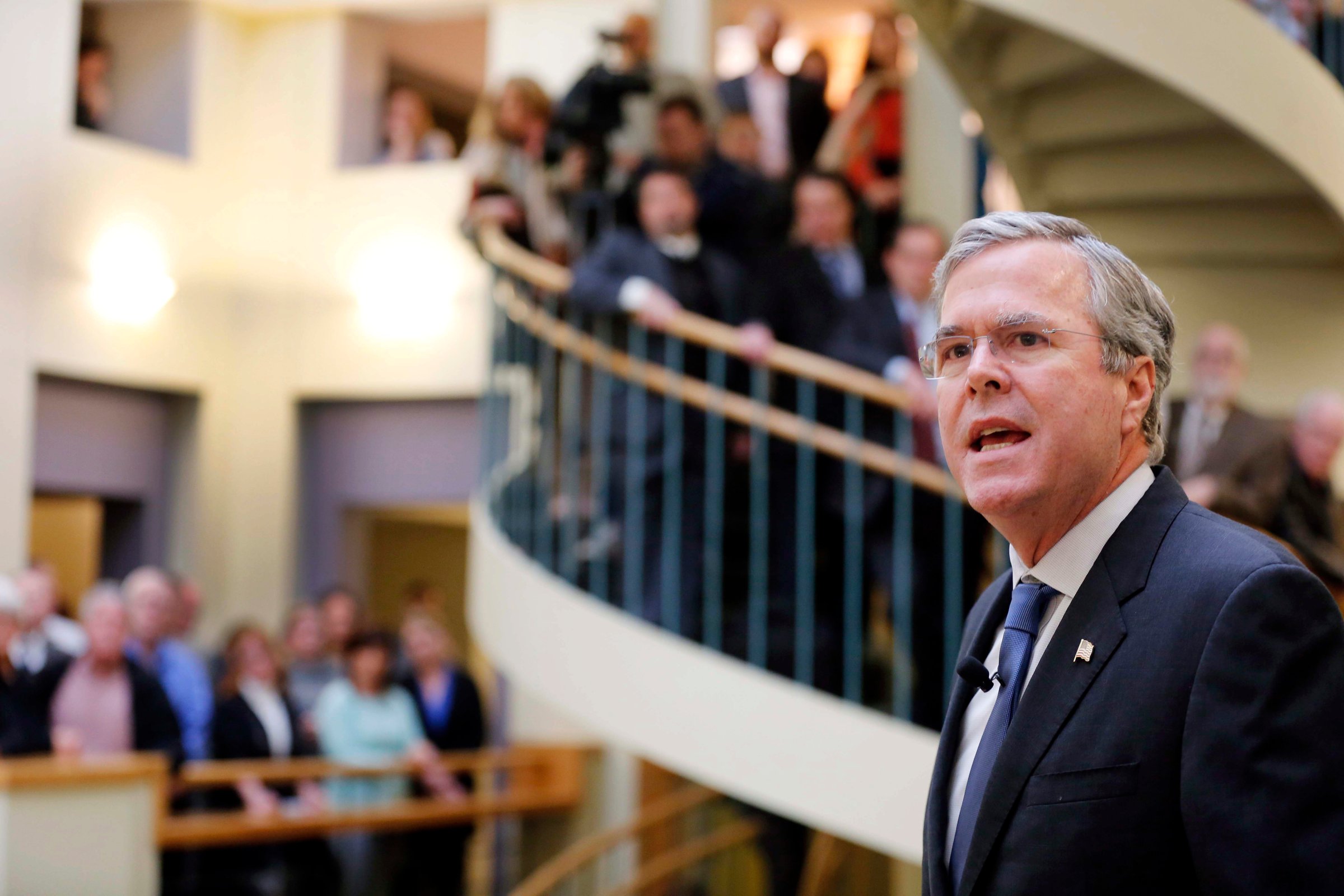
Manchester, New Hampshire
It was one of those questions that politicians really hate. Jeb Bush was asked which three people, dead or alive—no former presidents allowed, but including one current “celebrity”—he would have to dinner at the White House, if he becomes President. He picked Winston Churchill, a no-brainer, and Neil Armstrong—a defiantly nerdy choice. (Bush is fascinated by space exploration.)
And which celebrity? He was prodded, by a panel of “young professionals” whose stated purpose was to get to “know” what the candidate was “really” like.
He refused to choose one. “I don’t believe in celebrity culture,” he said. “It seems so superficial.”
I had three reactions to this:
The commingling of politics and pop culture is nothing new. It’s been part of the process since radio. Even Bush the Elder played air guitar at Lee Atwater’s rhythm and blues inaugural ball in 1988. But we seem to be crossing a new threshold this year with Donald Trump: politics and celebrity have become confused with each other.
The secret of Trump’s success so far is that the public understands celebrity, which is an electric neon phenomenon, but has a harder time with politics, which requires some thought. Of course, there is a performance aspect to politics, always has been, but it’s not the only aspect. It takes some effort to distinguish between Jeb Bush’s position on illegal immigrants and Hillary Clinton’s. (He favors granting them legal status; she’s in favor of “a path to citizenship.”) It takes no real thought at all to respond to Donald Trump’s position…on anything, not just immigration. In fact, any such effort would be fruitless—because there’s no substance to anything he has proposed, just sound bites and dog whistles.
This is disastrous for democracy, which is a complicated form of government that we seem to take for granted. Democracy requires actual citizenship—an informed effort by the public to join in the decision-making. It has never been perfect, the results have often been bought. But there has always been a critical mass of sobriety when it came to electing a President, an innate sense on the part of the public that the act of voting is not the act of venting, that it’s serious business—the equivalent of getting dressed up to go to church. Now, I’m not so sure.
We in the media are responsible for a good deal of this. I drove up to New Hampshire from New York, listening to cable news on satellite radio. Both MSNBC and CNN aired extensive—and, as I said, fruitless—interviews with Trump on his proposal–no, not a proposal, more of a projectile—to ban Muslims from entering the country. Then they replayed the interviews—the one on MSNBC lasted for 40 minutes; Chris Cuomo’s attempts to engage Trump on his civic responsibility was excruciating. (I switched about, trying to find some actual non-Trump news, about the San Bernardino killers, about the Paris climate talks, about the progress we’re making against Da’esh in Ramadi—anything!—but finally had to find solace in my favorite satellite music station, The Loft).
I mean, don’t we have this reversed? Trump is a car wreck; we are a nation of rubber-neckers. We can’t ignore him, especially given the tide of ignoramuses supporting him. But do we have to listen to his substance-free demagogic ravings twice, three times? Shouldn’t we be spending some—maybe just a little—time on Hillary Clinton’s proposals to tax Wall Street or Marco Rubio’s plan to reform the Veterans Administration?
Bush believes—and I hope—that actual citizens will show up when it comes time to step into the voting booth. He may be right. After all, the act of voting requires some energy—getting up off the couch, standing in line, pulling a lever—that seems beyond the reflexive boorishness of Trump’s constituency.
See Donald Trump Hanging Out With Unlikely Celebrities
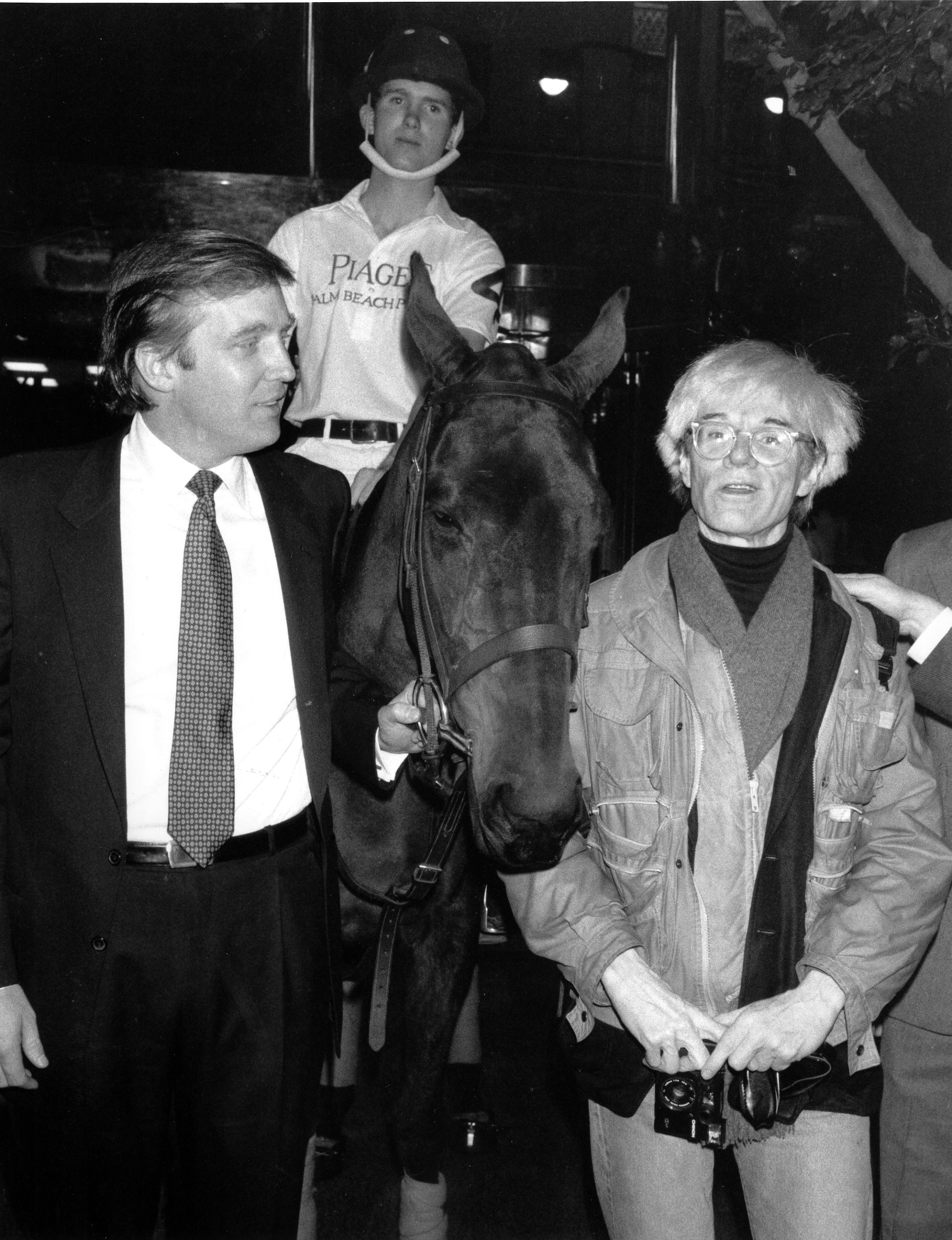
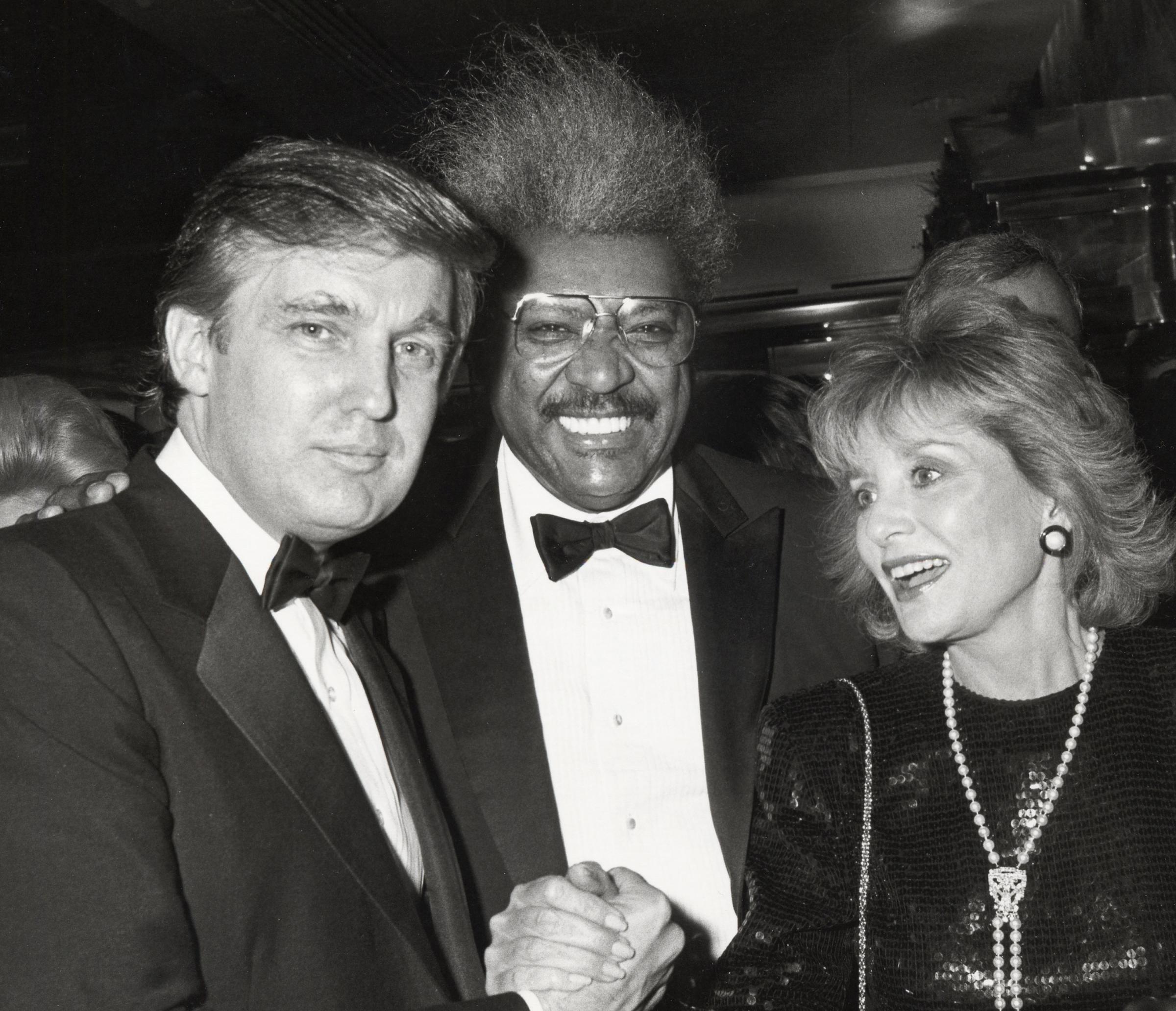
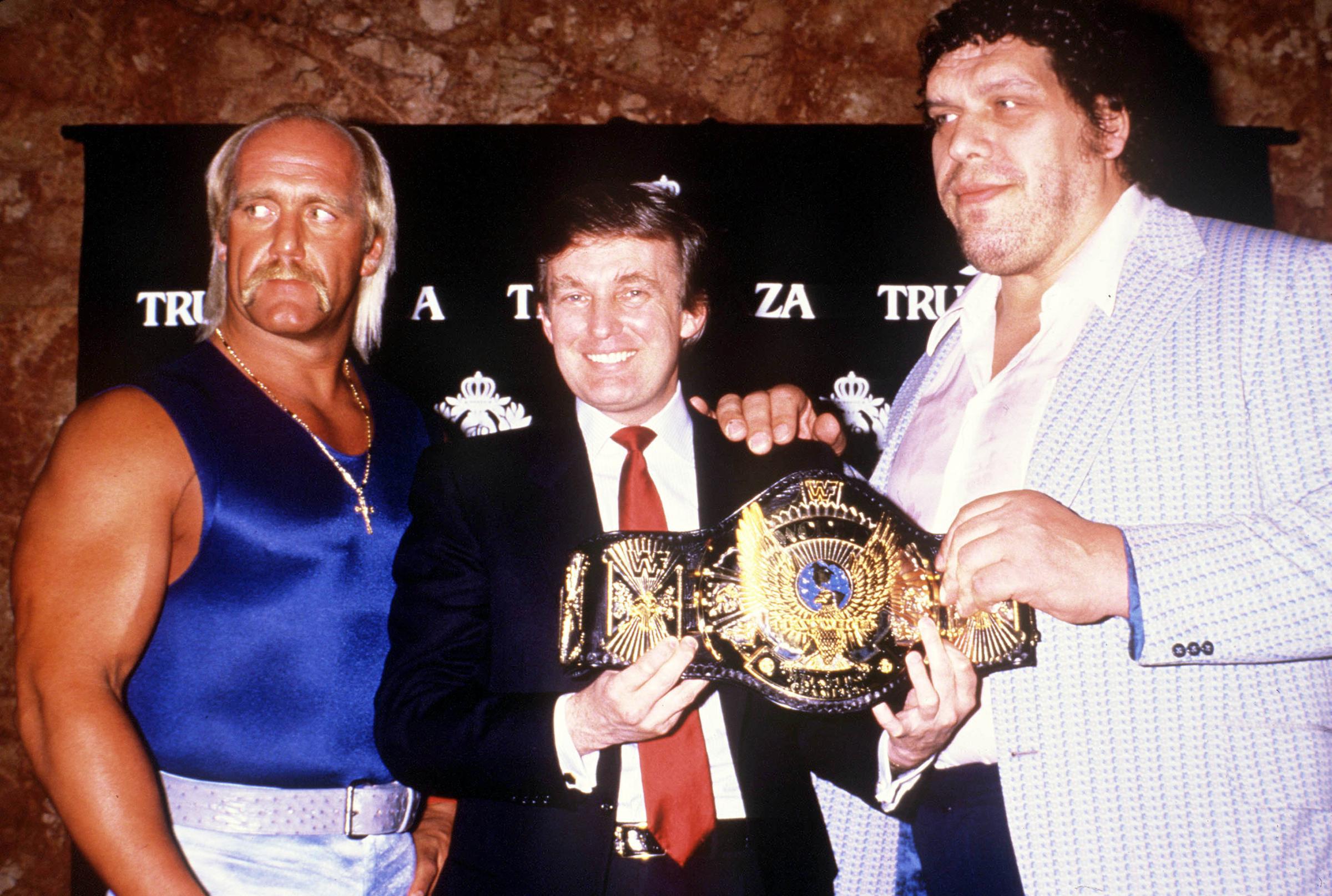
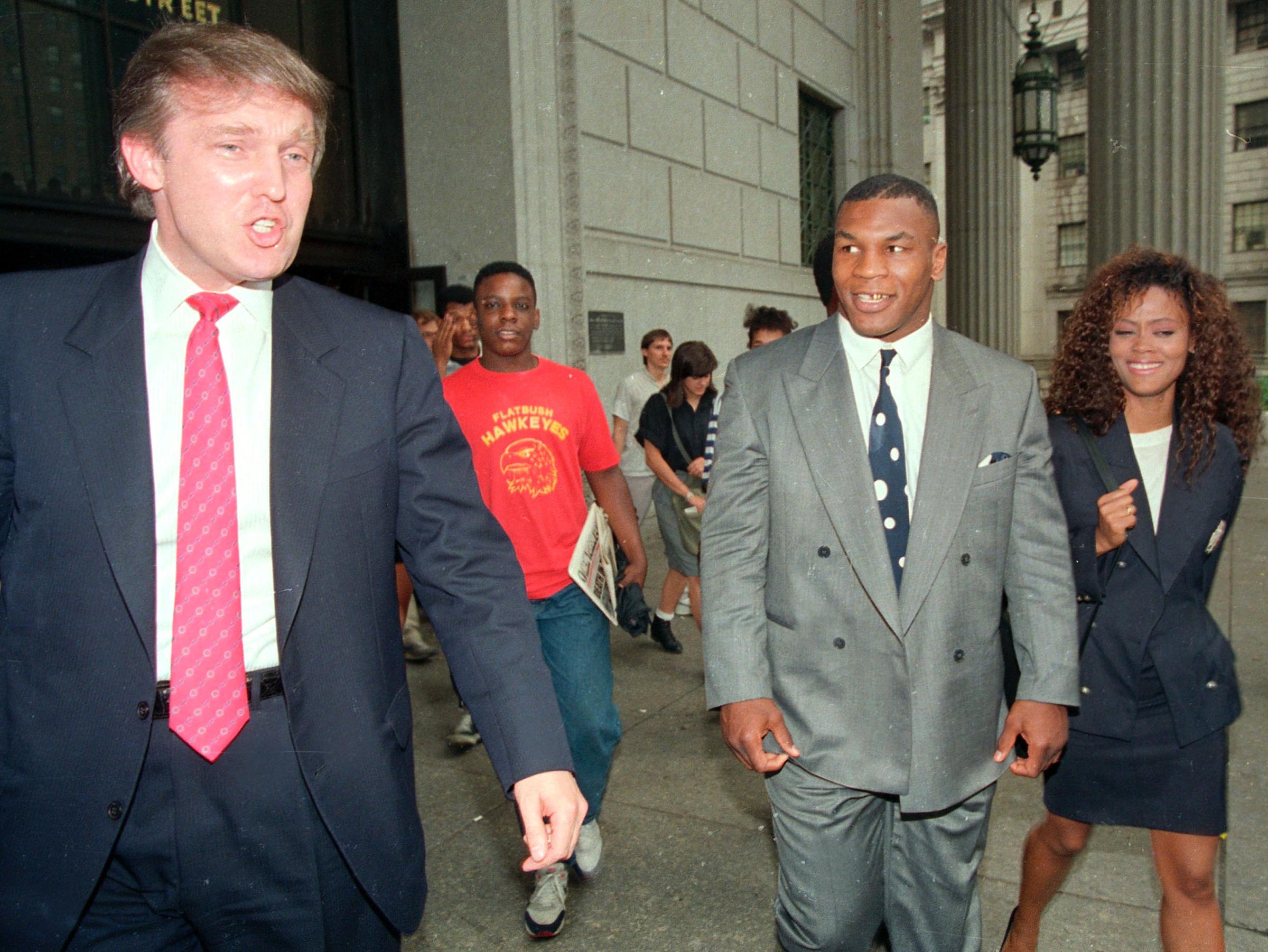
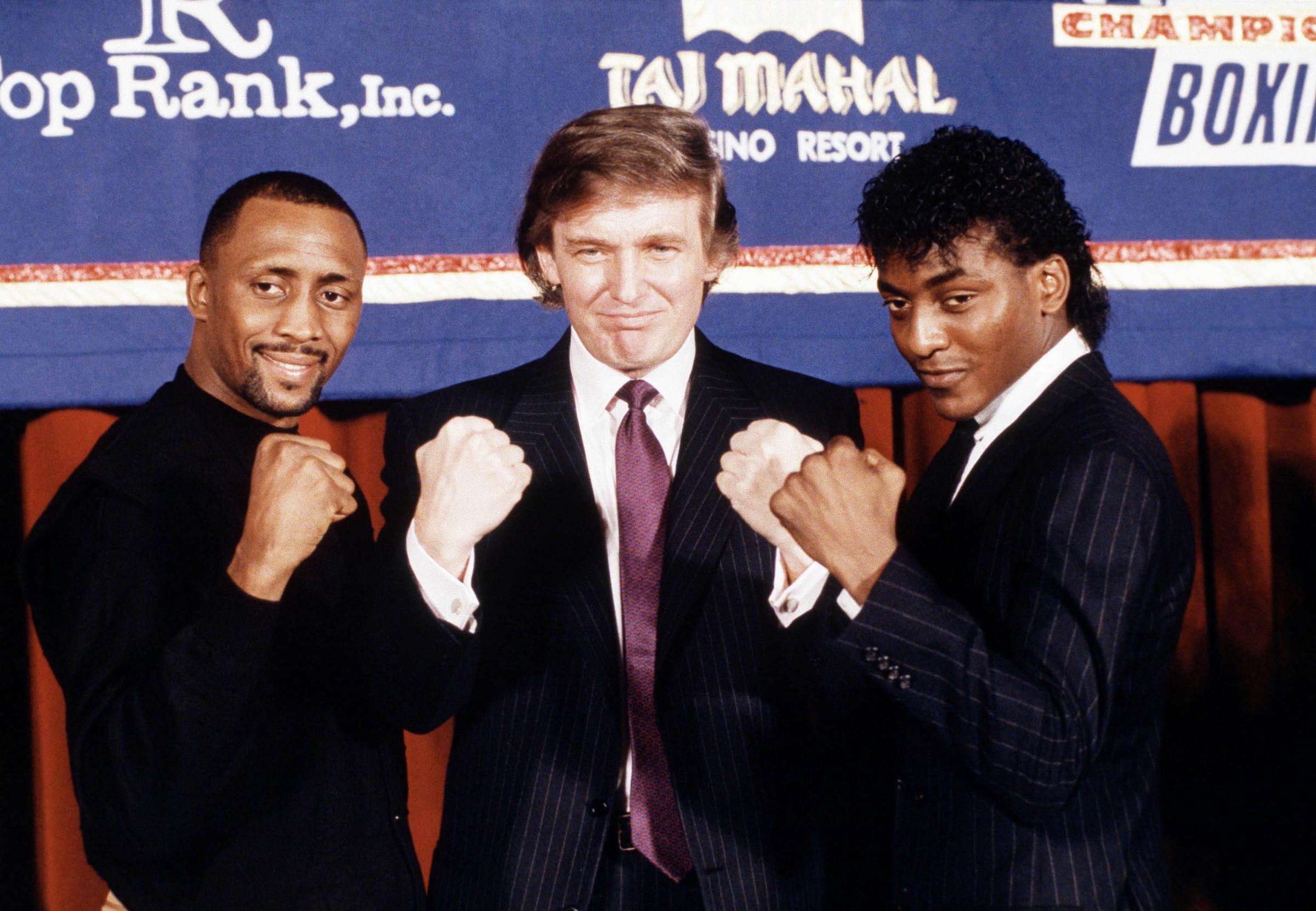
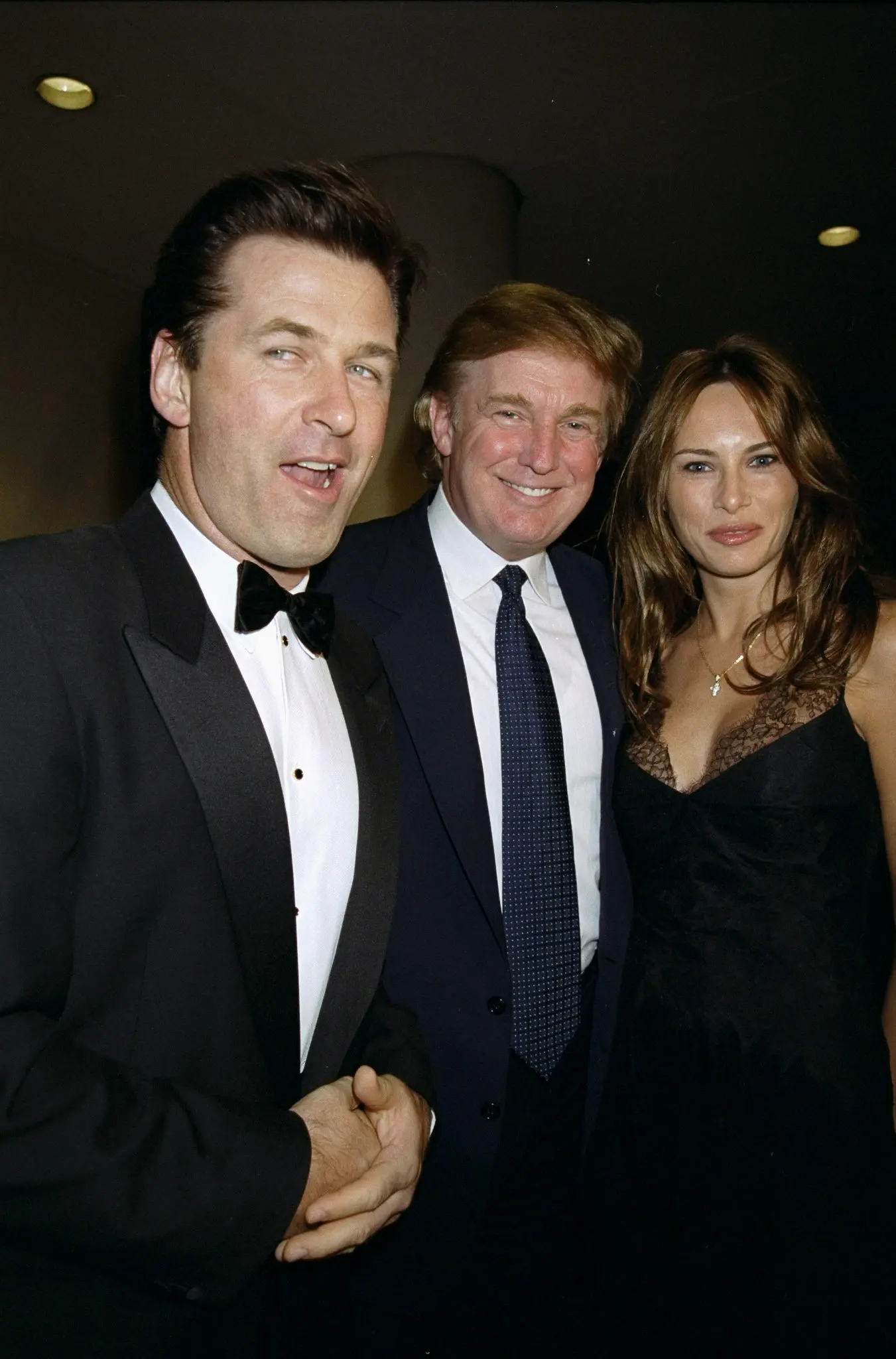
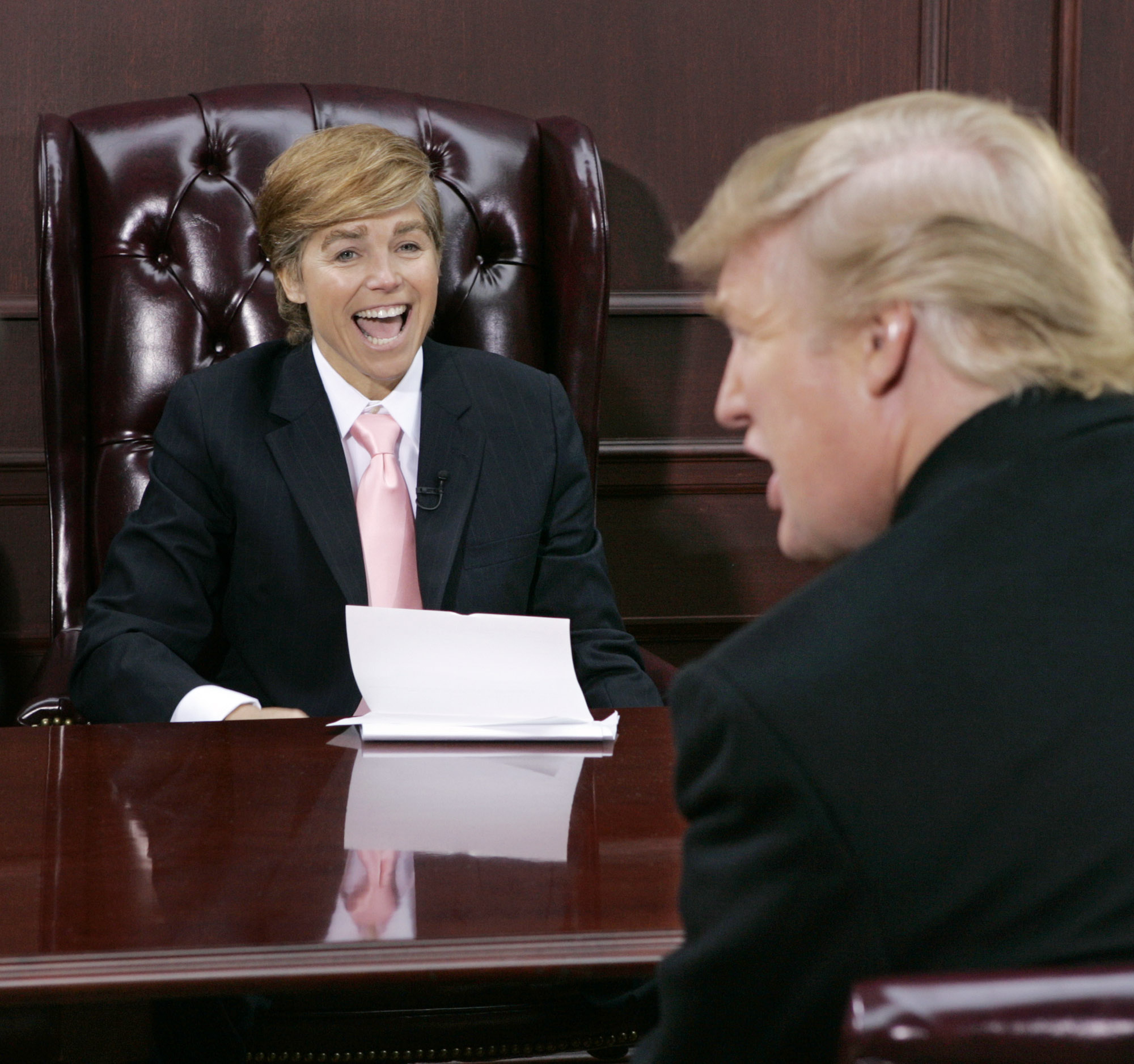
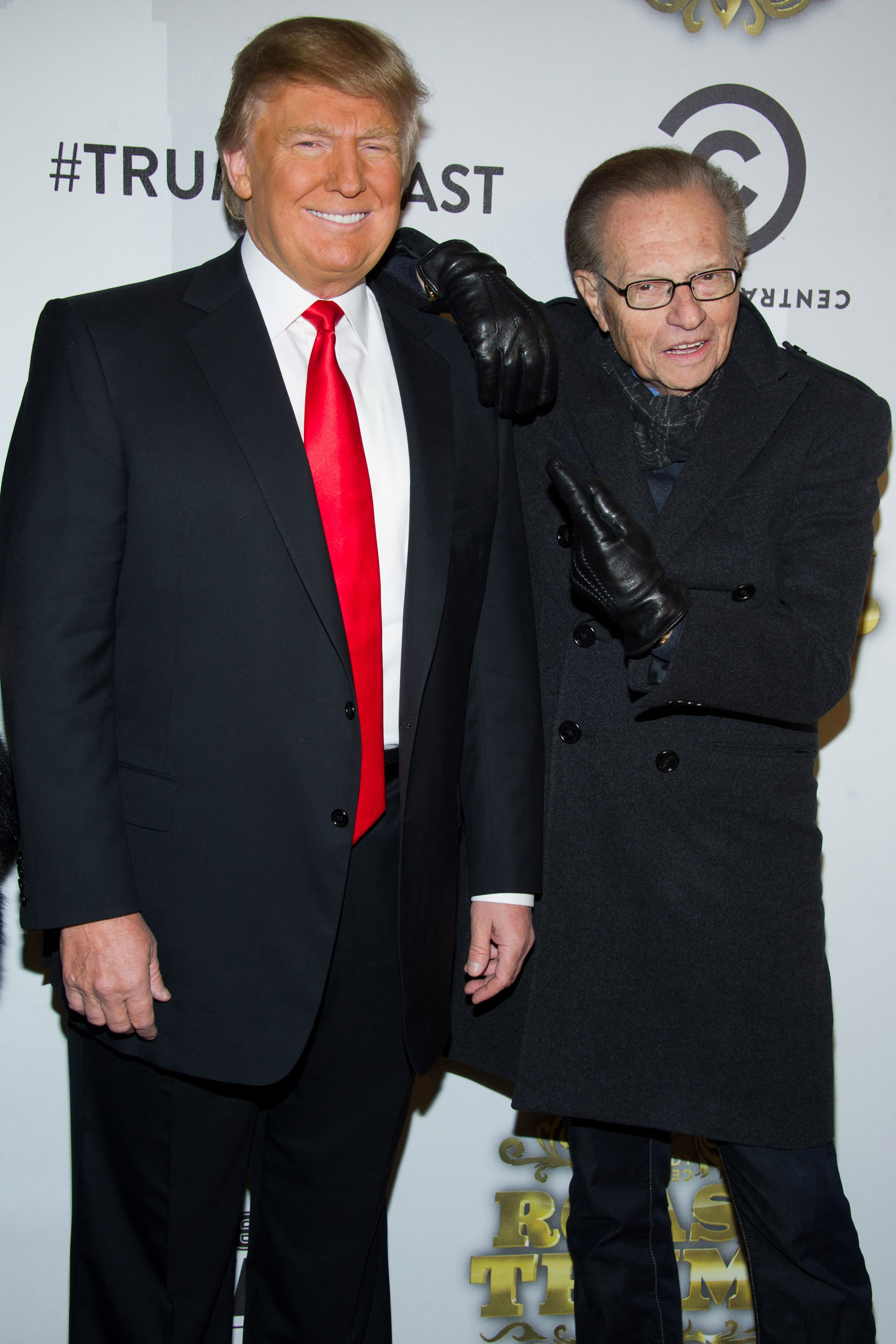
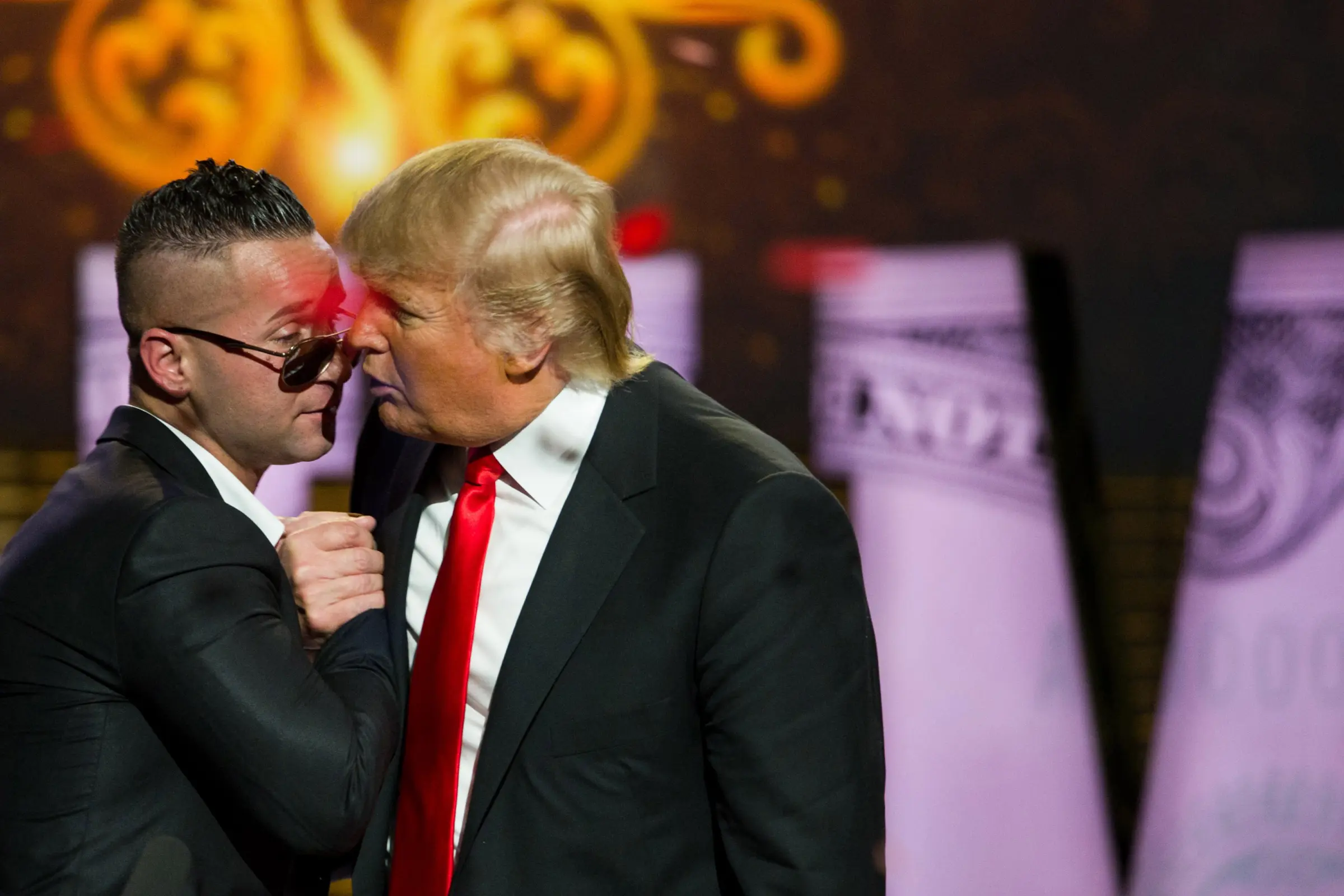
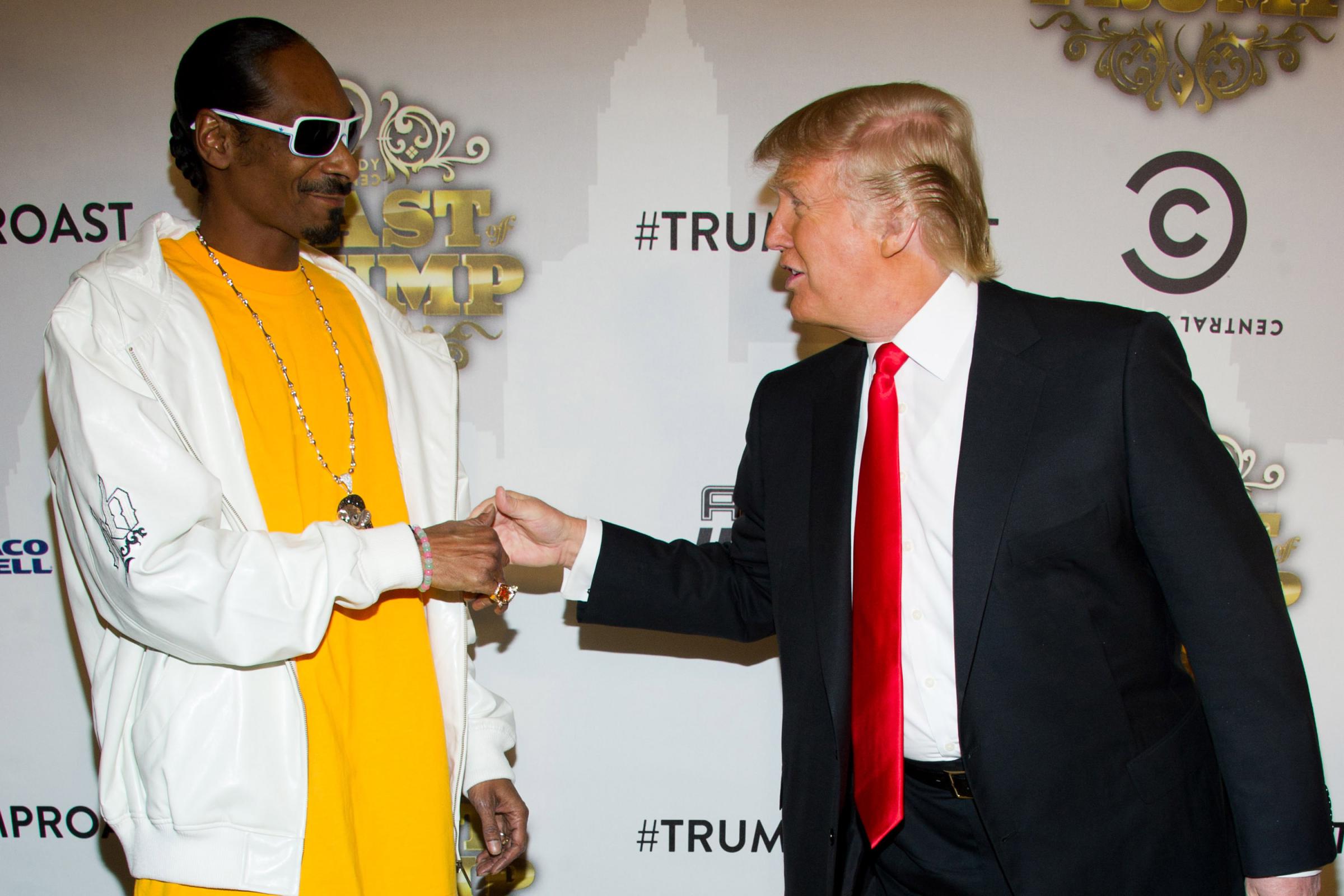
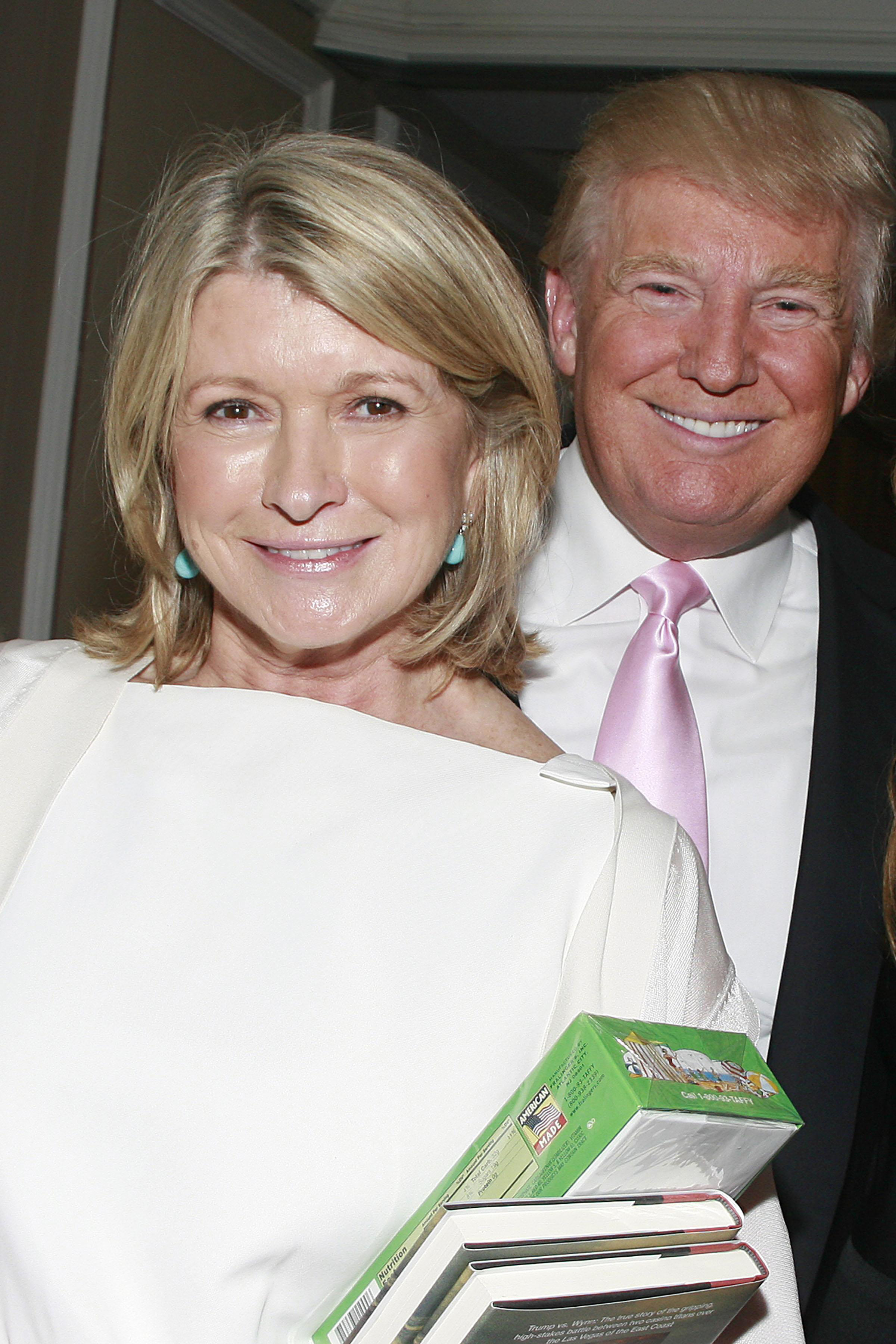
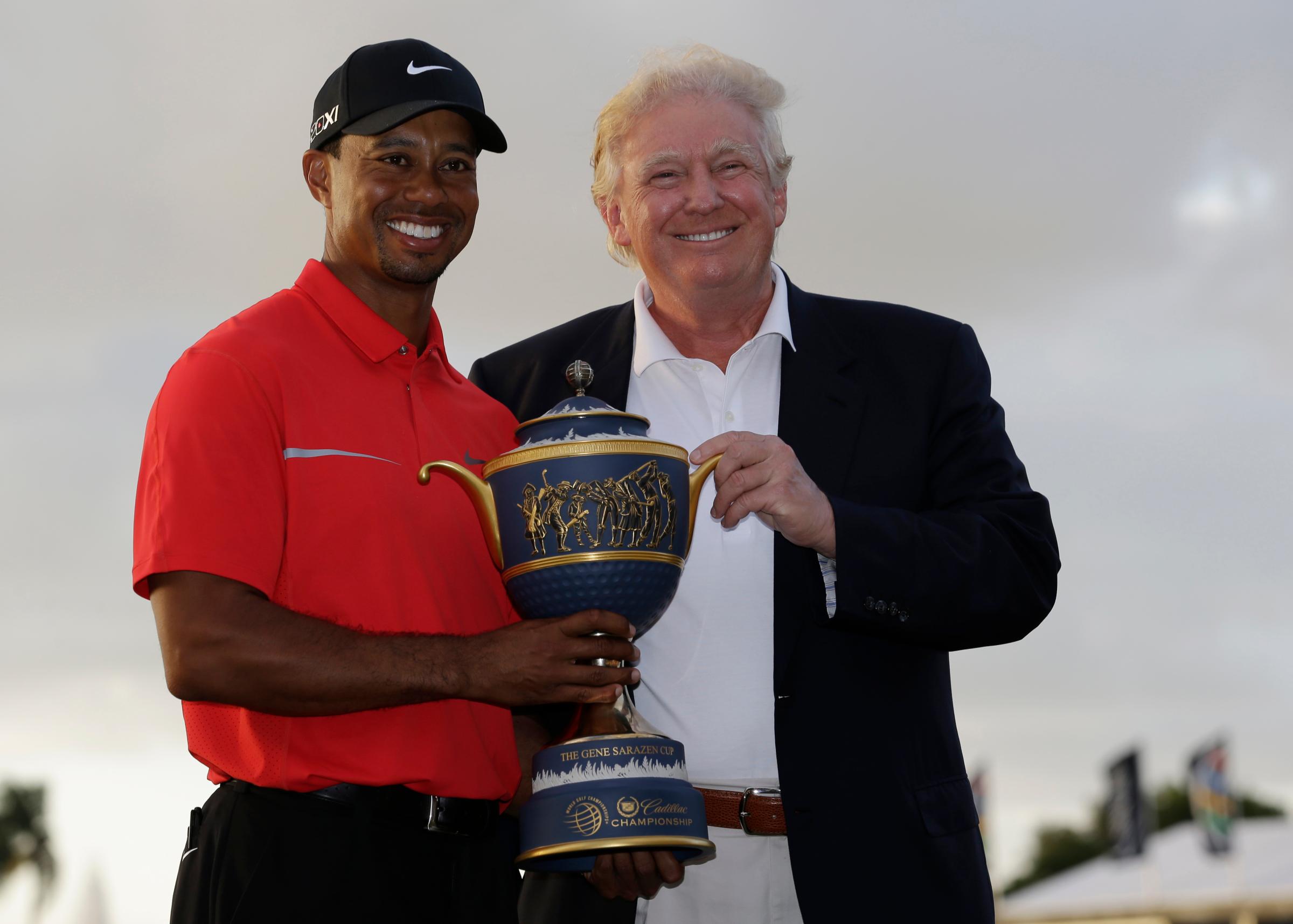
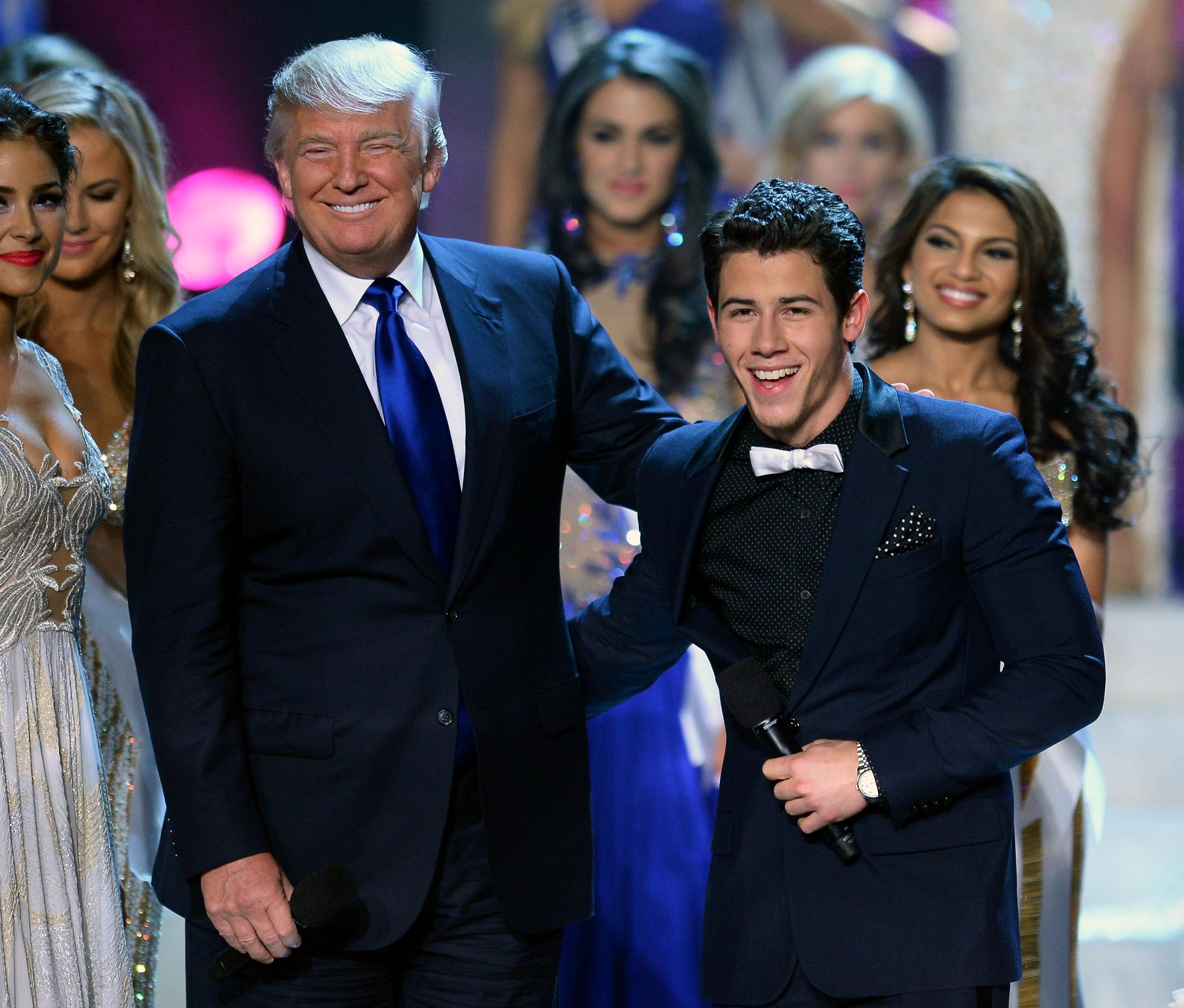
More Must-Reads From TIME
- Dua Lipa Manifested All of This
- Exclusive: Google Workers Revolt Over $1.2 Billion Contract With Israel
- Stop Looking for Your Forever Home
- The Sympathizer Counters 50 Years of Hollywood Vietnam War Narratives
- The Bliss of Seeing the Eclipse From Cleveland
- Hormonal Birth Control Doesn’t Deserve Its Bad Reputation
- The Best TV Shows to Watch on Peacock
- Want Weekly Recs on What to Watch, Read, and More? Sign Up for Worth Your Time
Contact us at letters@time.com